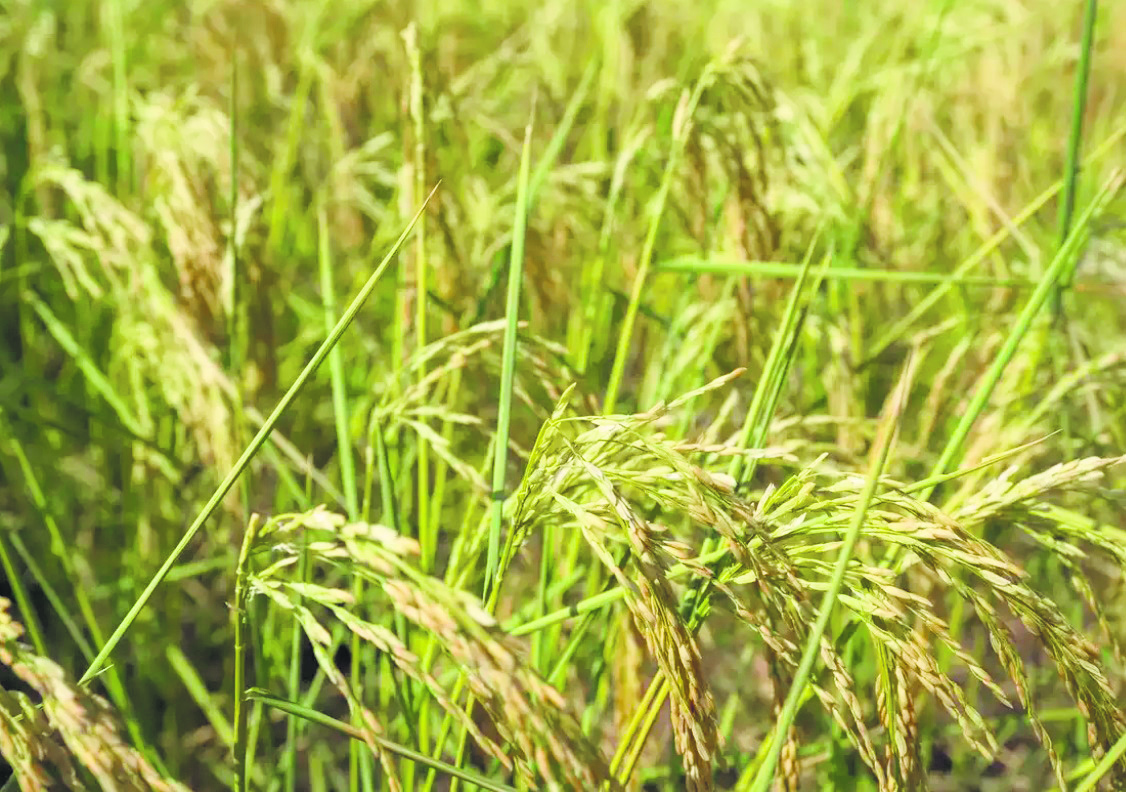
Despite China’s record high grain output this year, experts emphasised that the country’s food self-sufficiency rate is decreasing as it heavily relies on imports, as reported by the news agency.
This year, China has witnessed a record-breaking grain output, making it the 20th consecutive bumper harvest year, according to the Chinese state newspaper People’s Daily.
According to the news report, China’s annual grain output exceeded 1.39 trillion kilogrammes this year. The Ministry of Agriculture and Rural Affairs announced that in 2024, China’s overall goal for grain production is to stabilise the production of grain rations, corn and soybeans to ensure grain output remains above 1.3 trillion kilogrammes, according to China’s Central Television.
However, other official data revealed that self-sufficiency in “food rations” does not equal having enough self-produced food to feed the entire population, the news agency reported.
“Rations” usually only refers to rice and wheat, but broader foodstuffs such as corn, sorghum and legumes still need to be imported in large quantities.
Moreover, the Institute of Rural Development of the Chinese Academy of Social Sciences published a report stating that by 2025, China may have a grain gap of about 130 million tons, about 10 percent of the projected 2024 output.
Genevieve Donnellon-May, a research associate at the Asia Society Policy Institute, said, “Beijing does remain concerned that food supplies and food imports could be weaponized by other nations, affecting China’s national security.”
Reportedly, last year, China’s grain imports reached 140 million tons, compared with its total grain output of 680 million tons, according to the National Bureau of Statistics of China, reported by the news agency.
Whereas, according to China’s official statistics, the grain output has been above 1.3 trillion kilograms for the past 20 years.
A report from the China Macroeconomic Development Forum last year emphasised that over one-third of its food now relies on imports and that over the past 20 years, China’s food security level, or food self-sufficiency rate, has dropped from 93.6 per cent in 2000 to 65.8 per cent.
Another report by the London-based Centre for Economic Policy Research stated that the surge in China’s agricultural product imports has had a huge impact on the world, the news agency reported.
The study revealed that China’s demand for food imports has led to a significant increase in global farmland, accounting for one-third to two-thirds of global deforestation.
Moreover, a large amount of farmland in China has been transferred to other uses. At the same time, rural urbanisation and changes in dietary patterns will bring China “more severe challenges” in food security in the next 10 years, a report by the Renmin University of China at the China Macroeconomy Forum stated.
Karen Mancl, professor of food, agricultural and biological engineering at Ohio State University, stressed that in 2000, China was able to feed itself, but that has slipped partially because of the loss of agricultural land, reported the news agency.
“The conversion of agricultural land from growing food to something else. So, growing cities, converting agricultural land to factories,” she said.
“Five percent of agricultural land has been lost in China over the last 10 years to non-farm use. And that’s something that country really can’t afford,” she added.
Chinese agricultural experts reported at the Macroeconomic Development Forum that China’s soybean self-sufficiency rate was 62.4 per cent in 2000 and 20 years later, it has dropped to 16.6 per cent.
Moreover, cheap labour has laid the foundation for China’s manufacturing industry to take off, while in the case of agriculture, it is quite the opposite, the news agency reported.